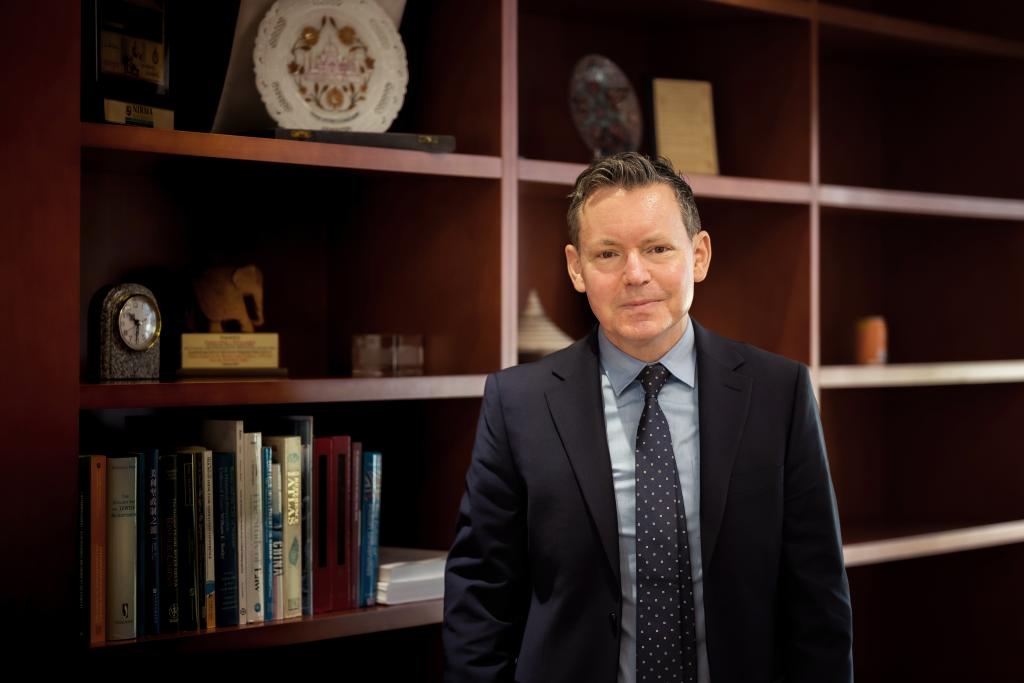Message from the Dean

When I joined STL in 2011, STL did not yet have a single graduate. Today we have more than 1,000. Many of our graduates now serve in leadership positions in global law firms, multinational enterprises, international organizations and government; some have founded their own companies. Our graduates have succeeded in many different settings, but the fundamental elements of their STL education have been consistent: interactive and rigorous classroom discussion, an embrace of alternative perspectives, encouragement of creative approaches to complex challenges, and a clear focus on the content of, and interactions between, different legal systems.
Legal practice today is, almost unavoidably, transnational. International commercial activities are regulated by measures that, increasingly, have international effects. Rule harmonization efforts, both regional and global, are common. Advances in technology - in particular, the rapidly expanding role of data, artificial intelligence, and algorithms in the global economy - raise challenging regulatory questions as boundaries between jurisdictions become blurred.
China and, in particular, Shenzhen, are at the heart of these developments. China, now the major trading partner for much of the world, and Shenzhen, China’s leading hub for innovation and internationalization, provide an exceptional environment for research and education across legal systems and with a transnational orientation. Shenzhen’s location at the center of the Guangdong-Hong Kong-Macau Greater Bay Area (GBA) - a regional initiative with a combined population of nearly 100 million, focused on innovation, internationalization, and rule harmonization - underscores the importance of STL’s location in the ongoing development of our dual degree Juris Doctor (JD)/Juris Master (JM) program.
STL began as a unique initiative, as the only JD program in China, tracking the United States law school model of graduate level professional legal education, with a focus on US law but also including comparative and international law coursework. We soon, however, began to develop a comparably unique program in Chinese law through the establishment of our innovative JM program, which has incorporated, and updated, teaching methods that tend to be more closely associated with US law schools, including use of case studies and interactive classroom discussions. More recently, we have developed an LLM program that now brings students from around the world to our campus in Shenzhen, where they are able to collaborate with our JD/JM students and multinational faculty as they pursue professional opportunities in China and throughout the world.
Fifteen years after STL’s establishment, we remain, undeniably, unique, with the only resident multinational law faculty in mainland China and the only dual degree JD/JM program in the world. Our current students and alumni, as well as faculty and administrative colleagues, would be happy to discuss their own STL experiences with you.
Mark Feldman
Interim Dean, Peking University School of Transnational Law
